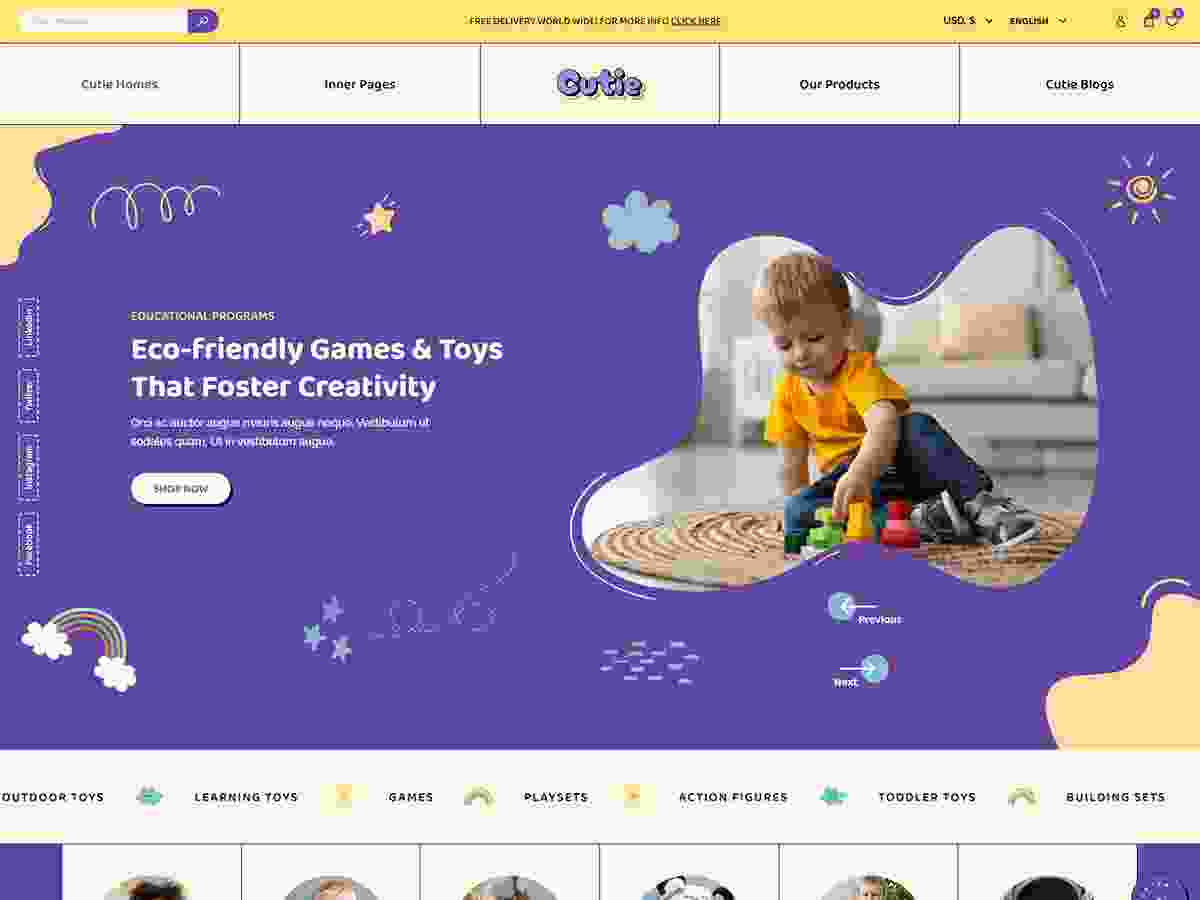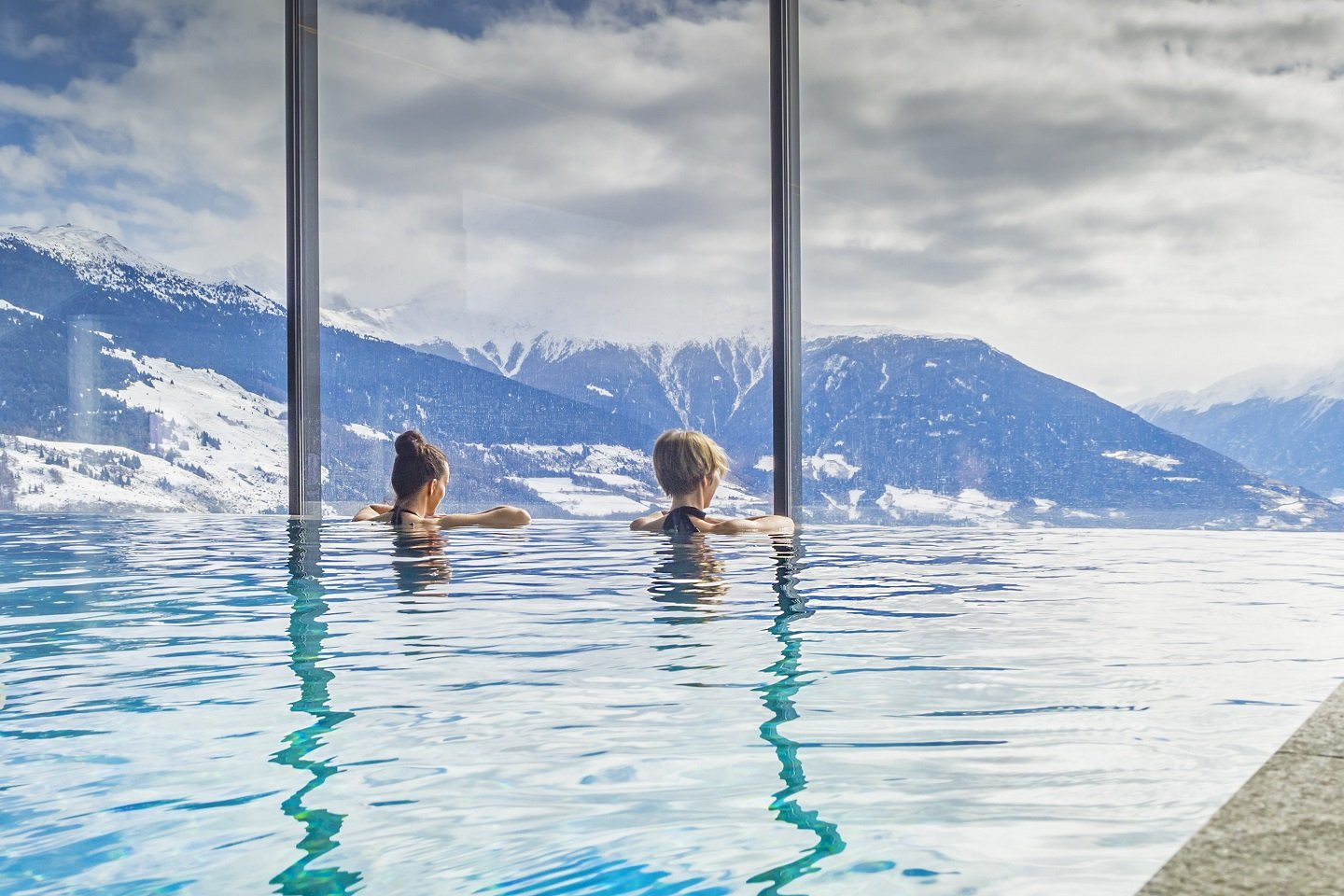Spa Manager Jobs In India are indeed a growing career path, as the wellness industry flourishes, offering fulfilling opportunities for those passionate about health and relaxation. Spa-wear.com recognizes this trend and provides resources to help you understand the industry and prepare for a successful career, including guidance on selecting appropriate spa attire and creating a soothing spa environment.
To help you understand if this is the career path for you, we will cover the rising opportunities, industry growth, and the essential skills and knowledge you will need to excel in the world of spa management.
1. What Does A Spa Manager Do?
A spa manager oversees all aspects of a spa’s operations, ensuring exceptional guest experiences and efficient business management. They are responsible for staff management, marketing, and maintaining the budget.
Spa management involves a wide range of responsibilities, from ensuring proper staffing and training to working with vendors and managing marketing efforts. According to research from the International Spa Association (ISPA), in July 2025, effective spa managers prioritize guest satisfaction and continuously seek innovative ways to improve services.
1.1 Ensuring Proper Staffing
A spa manager ensures that the spa has the right number of qualified staff to deliver its services effectively. This involves forecasting staffing needs based on anticipated demand, scheduling employees, and managing staff attendance. Proper staffing is essential for smooth operations and guest satisfaction.
1.2 Managing and Training Staff
Managing and training staff is another key duty. Spa managers are responsible for hiring, training, and supervising spa staff. This includes training new employees on spa treatments, customer service standards, and operational procedures. Ongoing training ensures that staff members stay updated with the latest industry trends and techniques.
1.3 Vendor Relations
Working with vendors to supply products and equipment is crucial. Spa managers are responsible for sourcing high-quality products and equipment necessary for spa treatments and amenities. This involves negotiating contracts, managing inventory, and ensuring timely delivery of supplies.
1.4 Budget Management
Maintaining the business budget is also a key part of the spa manager’s job. Spa managers must create and manage the spa’s budget, track expenses, and analyze financial performance. This includes setting financial goals, monitoring revenue, and implementing cost-saving measures.
1.5 Managing Marketing Efforts
Another key element is managing spa marketing efforts to attract more guests. They develop and implement marketing strategies to promote the spa’s services and attract new customers. This may include advertising, social media marketing, and promotional events.
2. What Are the Different Types of Spas and Wellness Businesses?
Spas and wellness businesses come in many forms, each offering unique experiences and services. The types of spas include day spas, hotel spas, destination spas, and medical spas. Knowing the differences can help you choose the right career path and specialize your skill set.
2.1 Day Spas
Day spas offer treatments focused on relaxation, personal care, and beauty. These spas provide services like massages, facials, and salon services without overnight accommodations. They cater to locals and tourists looking for quick, rejuvenating treatments.
2.2 Hotel Spas
Hotel spas, found within hotels or resorts, enhance the guest experience by providing relaxation and rejuvenation services. These spas typically offer massages, facials, and other beauty treatments. The services are often customized to align with the hotel brand and attract a specific clientele.
2.3 Destination Spas
Destination spas are resorts where the primary focus is on spa services. Guests visit specifically to utilize these services, often with goals such as relaxation, healing, or wellness improvement. These spas offer comprehensive programs, including fitness activities, healthy meals, and wellness education.
2.4 Medical Spas
Medical spas combine medical procedures with the relaxing atmosphere of a spa. These spas offer anti-aging and aesthetic treatments, such as laser therapies and fillers, under the supervision of trained medical professionals. According to the American MedSpa Association (AmSpa), medical spas meet the rising demand for medical treatments in a luxurious setting.
2.5 Complementary and Alternative Health Spas
These spas focus on holistic and natural healing methods. Treatments may include acupuncture, herbal remedies, and Ayurvedic practices, aimed at addressing the root causes of health issues and promoting overall wellness. The holistic approach integrates mind, body, and spirit.
2.6 Club Spas
Club spas are typically part of fitness clubs, offering spa services as an additional benefit to members. These spas provide treatments aligned with fitness and wellness themes, such as steam rooms, saunas, and massages. The services enhance the overall health and fitness experience.
2.7 Health and Fitness Spas
Health and fitness spas specialize in helping guests improve their health and achieve specific goals like weight loss. These spas offer customized programs with fitness classes, diet coaching, and calorie-controlled meals. Relaxing treatments are also provided to complement the fitness and nutrition programs.
3. What are the Key Trends Driving the Spa and Wellness Industry?
The spa and wellness industry is continuously evolving, driven by several key trends. Staying informed about these trends is crucial for spa managers to adapt and innovate their services. The major trends include a growing focus on health and wellness, higher guest standards, and the increasing popularity of medical spas.
3.1 Focus on Health and Wellness
People are increasingly seeking wellness solutions to combat stress and mental health concerns. Spas offer an escape for relaxation and self-care, providing treatments that promote healing and holistic wellness. This trend drives the demand for spa services that focus on overall well-being.
3.2 High Standards
Guests today have higher expectations for spa experiences. They seek sustainable practices, natural treatments, and exceptional cleanliness. Spa managers must ensure their facilities meet these elevated standards to provide a satisfying guest experience.
3.3 Medical Spas Rise in Popularity
Medical spas continue to gain popularity as people look for anti-aging treatments outside traditional medical settings. These spas offer the same treatments in a luxurious environment, helping guests feel pampered and refreshed while addressing their aesthetic needs.
4. What Skills Are Needed For Spa Management?
A successful spa manager requires a diverse set of skills, blending leadership, communication, and organizational abilities. These skills ensure smooth operations, excellent customer service, and a positive work environment. Key skills include leadership, communication, organization, and a strong understanding of hospitality concepts.
4.1 Leadership Skills
Effective leadership is crucial for managing a diverse team. Spa managers must motivate and guide their staff, fostering a collaborative and productive work environment. Leadership involves delegating tasks, providing constructive feedback, and resolving conflicts.
4.2 Communication Skills
Strong communication skills are essential for interacting with staff, guests, vendors, and other stakeholders. Spa managers must clearly convey information, actively listen to feedback, and maintain positive relationships. Effective communication enhances teamwork and customer satisfaction.
4.3 Organization Skills
Organizational skills are vital for keeping the spa running efficiently. Spa managers must manage schedules, inventory, and administrative tasks with precision. Strong organizational skills ensure smooth operations and minimize disruptions.
4.4 Knowledge of Hospitality
Hospitality concepts are fundamental to spa management. Understanding customer service, empathy, and teamwork is essential for creating a positive guest experience. Knowledge of hospitality helps spa managers anticipate and meet guest needs, fostering loyalty and positive reviews.
5. What are the Career Opportunities in the Spa and Wellness Industry?
The spa and wellness industry offers a variety of career opportunities, from management roles to specialized service providers. As the industry expands, the demand for skilled professionals continues to grow. Career paths include spa manager, customer service roles, spa services professionals, and support staff.
5.1 Spa Manager
The spa manager oversees all aspects of the spa’s operations, including staff management, marketing, and financial performance. This leadership position requires a blend of business acumen and hospitality skills. Spa managers ensure the spa meets its goals and provides an exceptional guest experience.
5.2 Customer Service Roles
Customer service positions are integral to the success of spas. Roles such as receptionist, reservationist, and concierge ensure guests feel welcomed and well-cared for. Excellent customer service enhances guest satisfaction and encourages repeat visits.
5.3 Spa Services Professionals
Spa services professionals provide a range of treatments to enhance guests’ well-being. These professionals include massage therapists, estheticians, salon technicians, and medical professionals. Their expertise and skills are essential for delivering high-quality spa services.
5.4 Support Staff
Support staff play a crucial role in maintaining the smooth operation of the spa. Roles such as spa attendants, locker room attendants, and supply inventory managers ensure the spa environment is clean, organized, and well-stocked. Support staff contribute to the overall guest experience by providing essential services.
6. How To Become A Spa Manager?
Becoming a spa manager involves a combination of education, experience, and skill development. A hospitality education, coupled with hands-on experience in the spa industry, can provide a solid foundation for a successful career. Steps include obtaining relevant education, gaining experience, and developing key skills.
6.1 Relevant Education
A hospitality education program can provide the necessary knowledge and skills for spa management. Courses in hospitality management, business administration, and wellness therapies are beneficial. EHL offers a Swiss Professional Degree with a Spa & Wellness Management specialization.
6.2 Gain Experience
Experience in various spa roles, such as customer service or therapy positions, can provide valuable insights into spa operations. Working in different roles allows you to understand the industry from multiple perspectives, enhancing your ability to manage a spa effectively.
6.3 Develop Key Skills
Developing leadership, communication, and organizational skills is essential for spa management. These skills can be honed through training programs, workshops, and on-the-job experience. Continuous professional development ensures you stay updated with industry trends and best practices.
7. What are the Responsibilities of a Spa Manager?
The responsibilities of a spa manager are diverse and encompass many aspects of spa operations. They must ensure smooth operations, excellent customer service, and financial stability. Key responsibilities include managing staff, administrative duties, business development, and customer relations.
7.1 Managing Staff
Managing staff involves hiring, training, and supervising employees. Spa managers must ensure their team is well-trained, motivated, and capable of delivering high-quality services. Effective staff management fosters a positive work environment and enhances customer satisfaction.
7.2 Administrative Duties
Administrative duties include payroll, vendor payments, bookkeeping, and employee scheduling. Spa managers must efficiently manage these tasks to ensure the spa operates smoothly and complies with regulations. Attention to detail and organizational skills are crucial for administrative success.
7.3 Business Development
Business development involves planning and implementing improvements to the spa’s services and facilities. Spa managers must identify opportunities for growth, develop marketing strategies, and enhance the overall guest experience. A proactive approach to business development ensures the spa remains competitive and successful.
7.4 Customer Relations
Maintaining positive customer relations is essential for spa success. Spa managers must address customer inquiries and complaints, ensure guest satisfaction, and foster loyalty. Excellent customer service enhances the spa’s reputation and encourages repeat visits.
8. What is the Job Description and Duties of a Spa Manager?
A spa manager’s job description encompasses a wide range of duties, from managing staff to overseeing financial operations. This role requires a combination of leadership, organizational, and customer service skills. Key duties include staff management, administrative tasks, marketing, and ensuring customer satisfaction.
8.1 Staff Management
Staff management involves hiring, training, and supervising spa employees. The spa manager must ensure the team is well-trained, motivated, and capable of delivering high-quality services. This includes conducting performance reviews, providing ongoing training, and addressing any staff issues.
8.2 Administrative Tasks
Administrative tasks include managing payroll, vendor payments, bookkeeping, and employee scheduling. The spa manager must ensure these tasks are handled efficiently and accurately. This requires strong organizational skills and attention to detail.
8.3 Marketing
Marketing involves developing and implementing strategies to attract new customers and retain existing ones. The spa manager must create marketing campaigns, manage social media presence, and promote spa services. Effective marketing enhances the spa’s visibility and drives revenue.
8.4 Customer Satisfaction
Ensuring customer satisfaction is a primary duty of the spa manager. This includes addressing customer inquiries and complaints, ensuring guests have a positive experience, and fostering loyalty. Excellent customer service is crucial for the spa’s reputation and success.
9. Why is HR Management Important?
Human resources (HR) management is vital for a spa’s success, as it focuses on recruiting, retaining, and developing quality staff. A well-trained and dedicated staff is essential for delivering excellent customer service and maintaining a positive spa environment. HR management includes recruiting, retaining, and developing staff.
9.1 Recruiting Quality Staff
Recruiting the right staff involves using effective tools and processes to identify qualified candidates. Spa managers must consider factors such as credentials, experience, and personality assessments. Recruiting quality staff ensures the spa has a team capable of delivering exceptional services.
9.2 Retaining Quality Staff
Retaining quality staff is equally important. Spa managers must develop strategies to keep their best employees, such as creating a positive work environment, offering continuing education, and providing incentives. Retaining staff reduces turnover and ensures continuity in service quality.
9.3 Developing Quality Management
Developing quality management processes ensures the spa maintains high standards and delivers consistent guest experiences. Spa managers must perform checks and audits to ensure both guests and staff members are satisfied. Continuous quality improvement enhances the spa’s reputation and drives customer loyalty.
10. How Can You Create a Harmonious Spa Experience?
Creating a harmonious spa experience involves coordinating various elements, including architecture, design, equipment, and sensory details. The goal is to create a luxurious and calming environment that promotes relaxation and rejuvenation. Key elements include architecture and design, equipment, and sensory details.
10.1 Architecture and Design
The spa’s architecture and interior design should create a luxurious and pampering environment. Spa managers should work with professionals to incorporate elements that promote relaxation and calmness. Thoughtful design enhances the overall guest experience.
10.2 Equipment
Equipment such as massage tables and supply areas should be set up to create a seamless guest experience. Spa managers must ensure equipment is organized, accessible, and properly maintained. Well-organized equipment contributes to a smooth and efficient spa operation.
10.3 Sensory Details
Incorporating sensory details such as colors, music, and aromatherapy can enhance the spa experience. Spa managers should create a cohesive environment that stimulates all five senses in a calming and rejuvenating way. Attention to sensory details elevates the spa experience and promotes relaxation.
FAQ: Spa Manager Jobs In India
1. What qualifications are typically required for spa manager jobs in India?
A degree in hospitality management or a related field, along with experience in the spa or wellness industry, is usually required. Additional certifications in spa therapies or business management can also be beneficial.
2. What is the average salary for a spa manager in India?
The average salary varies depending on experience, location, and the type of spa, but it generally ranges from ₹3,00,000 to ₹8,00,000 per year.
3. Which cities in India offer the most opportunities for spa managers?
Major metropolitan cities like Mumbai, Delhi, Bangalore, and Chennai, as well as popular tourist destinations like Goa and Kerala, offer significant opportunities for spa managers.
4. How important is knowledge of different spa treatments for a spa manager role?
A strong understanding of various spa treatments and therapies is crucial, as it enables the manager to effectively oversee staff, ensure quality service, and develop new service offerings.
5. What are the key skills that employers look for in a spa manager in India?
Employers seek candidates with strong leadership, communication, organizational, and customer service skills. Knowledge of spa operations, marketing, and financial management is also highly valued.
6. Are there any specific challenges for spa managers in the Indian market?
Challenges may include managing diverse staff, adapting to local cultural preferences, maintaining high service standards, and competing with both organized and unorganized sectors.
7. How can I advance my career in spa management in India?
To advance, focus on continuous learning, obtaining additional certifications, gaining experience in different types of spas, and networking with industry professionals.
8. What role does technology play in spa management in India?
Technology plays an increasing role, with spa management software used for bookings, inventory management, customer relationship management, and marketing.
9. How do I stay updated on the latest trends in the spa and wellness industry in India?
Attend industry conferences, subscribe to relevant publications, join professional associations, and follow industry experts on social media to stay informed about the latest trends.
10. What is the impact of wellness tourism on spa manager jobs in India?
The growth of wellness tourism in India has significantly increased the demand for skilled spa managers who can cater to both domestic and international tourists seeking high-quality spa and wellness experiences.
Embarking on Your Spa Management Journey
Spa manager jobs in India offer a promising career path in a thriving industry. By understanding the roles, responsibilities, and necessary skills, you can position yourself for success. Spa-wear.com is here to support your journey by providing high-quality spa attire and valuable resources.
Ready to explore the world of spa management? Visit spa-wear.com today to discover the latest trends in spa wear and learn how to create a relaxing and professional environment. For personalized advice and expert guidance, contact us at +1 (480) 947-5400 or visit our location at 7014 E Camelback Rd, Scottsdale, AZ 85251, United States.






